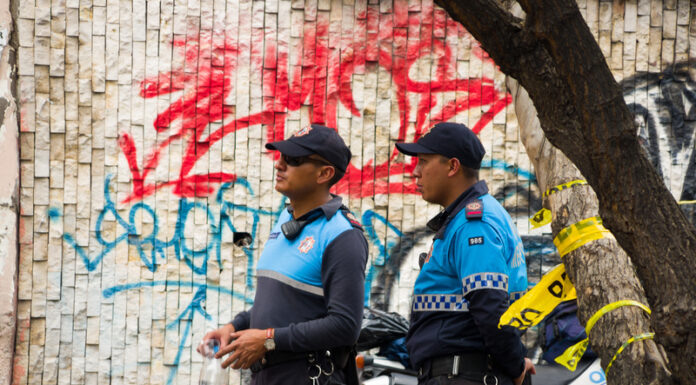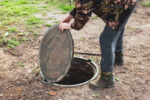Armed gunmen stormed a pool hall in General Villamil Playas, Ecuador, on Saturday night, July 19, killing at least nine people in what authorities describe as one of the deadliest single incidents in the country’s escalating wave of violence. The attack occurred around evening hours at a bar in a working-class neighborhood of the coastal tourist city in southern Guayas province.
The Ecuadorian prosecutor’s office confirmed through social media that armed individuals entered the establishment and opened fire on patrons who were playing pool. Viral images circulated on social platforms showed nine bloodied bodies lying on the floor around several pool tables, with local media reports indicating the attackers used automatic rifles.
Police Colonel Jhanon Varela told media that two additional people were injured in the attack and received treatment at a local hospital. Authorities have only been able to identify one victim at the scene. Varela indicated that the actual death toll could be higher, explaining that when police arrived, many of those affected by the incident had already been removed from the scene by residents and family members. “It is presumed that there may be more victims,” he stated.
An AFP reporter at the scene observed two coffins being held by relatives inside the bar where the massacre occurred. Bullet holes were clearly visible in the pool tables, providing stark evidence of the violence that unfolded. The police station in the area was subsequently guarded by special forces members as the investigation began.
Guayas Prefect Marcela Aguinaga revealed that one of the victims was a coach at a provincial soccer school. She responded to the violence on social media, stating that violence seeks to bring communities to their knees and silence them, but declared that officials would not stay silent nor surrender to such acts.
The shooting represents the latest incident in what experts describe as Ecuador’s most violent start to a year in recent history. Official figures show that Ecuador recorded 4,051 homicides in just the first five months of 2025. The country’s homicide rate has surged dramatically from six per 100,000 residents in 2018 to 38 per 100,000 in 2024.
Drug trafficking organizations have been multiplying throughout Ecuador, transforming what was once considered a bastion of peace in Latin America into a crisis zone. Transnational cartels have expanded their operations, using Ecuador’s ports to ship drugs to the United States and Europe. The violence has continued unabated despite recent law enforcement successes.
Following the recapture in June of the country’s biggest drug lord, Adolfo Macias, known by his alias Fito, criminal gang violence has persisted across the nation. Macias had escaped from a maximum-security prison in 2024 before his eventual recapture. The Ecuadoran government extradited him to the United States on Sunday, where he pleaded not guilty on Monday to a seven-count indictment unsealed in Brooklyn charging him with international cocaine distribution, conspiracy and weapons counts.
The violence has been particularly severe in Manabi province, the stronghold of Fito and his gang Los Choneros. During the same week as the pool hall shooting, at least 20 people were killed in deadly violence across several cities in the province, including Manta, where Fito was recaptured. The United States classified Los Choneros as one of the most violent gangs last year and confirmed its connections to powerful Mexican drug cartels.
In response to the escalating violence, Interior Minister John Reimberg announced increased security measures in Manta, one of Ecuador’s main fishing ports. The enhanced security deployment involved 2,500 police officers positioned at strategic points throughout the city. This represents part of the government’s broader effort to combat the expanding influence of criminal organizations.
Earlier this year, authorities arrested a leader of Los Lobos, another major crime syndicate, at his home in the coastal city of Portoviejo. Carlos D, widely known by his alias El Chino, served as second-in-command of Los Lobos and was considered a high-value target by armed forces. The United States declared Los Lobos to be the largest drug trafficking organization in Ecuador.
The prosecutor’s office has launched an official investigation into the pool hall massacre, with forensic teams collecting ballistic evidence from the scene. Authorities are reviewing security camera footage and cell phone videos in their efforts to identify the suspects responsible for the attack. No arrests have been announced in connection with the shooting.








